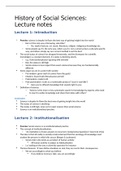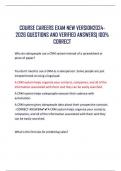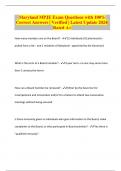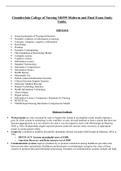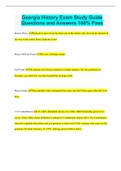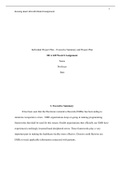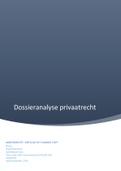College aantekeningen
Lecture notes History of Social Sciences, Geschiedenies van de Sociale Wetenschappen
- Instelling
- Vrije Universiteit Amsterdam (VU)
Volledige college aantekeningen van het eerstejaars Antropologie vak (en de gehele faculteit) Sociologie van de Sociale Wetenschap/Geschiedenis van de Sociale Wetenschap aan de VU. Full lecture notes of the first year Anthropology (and social science department) subject, History of the Social sc...
[Meer zien]
